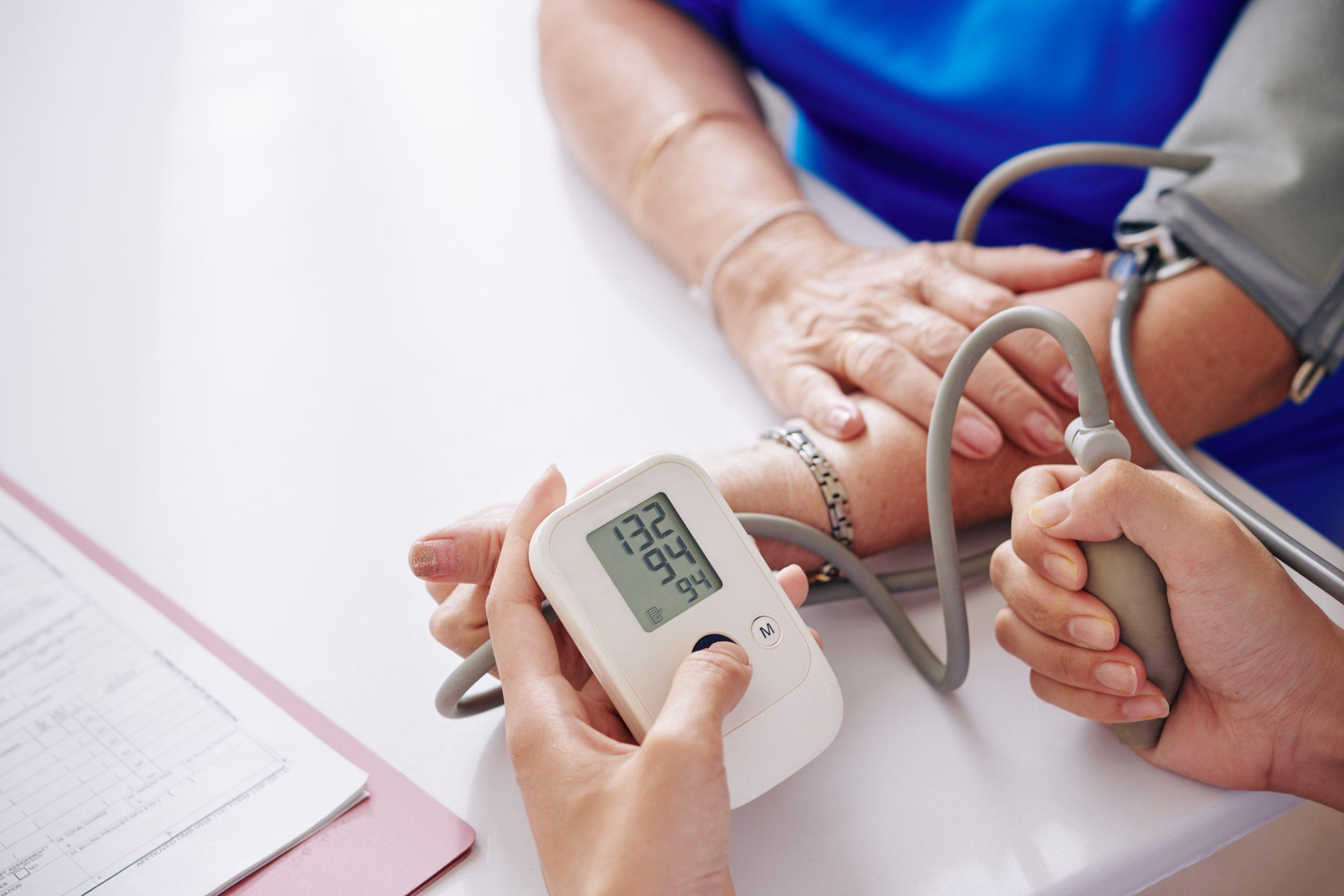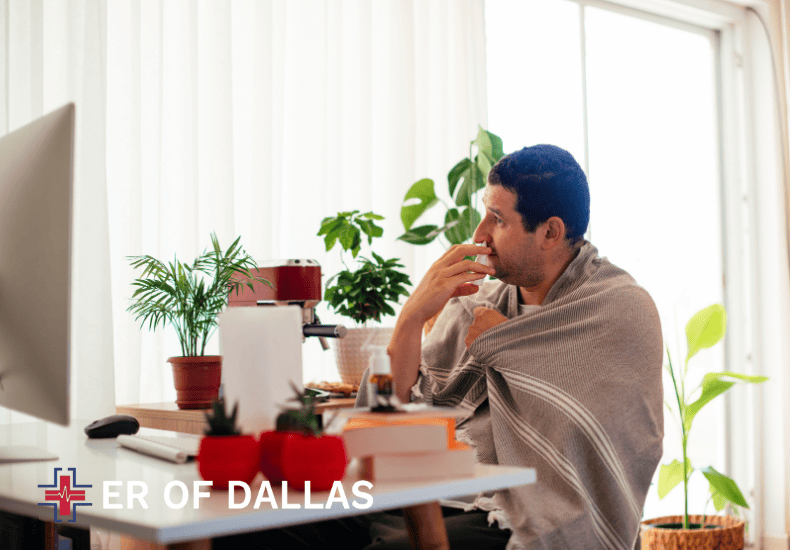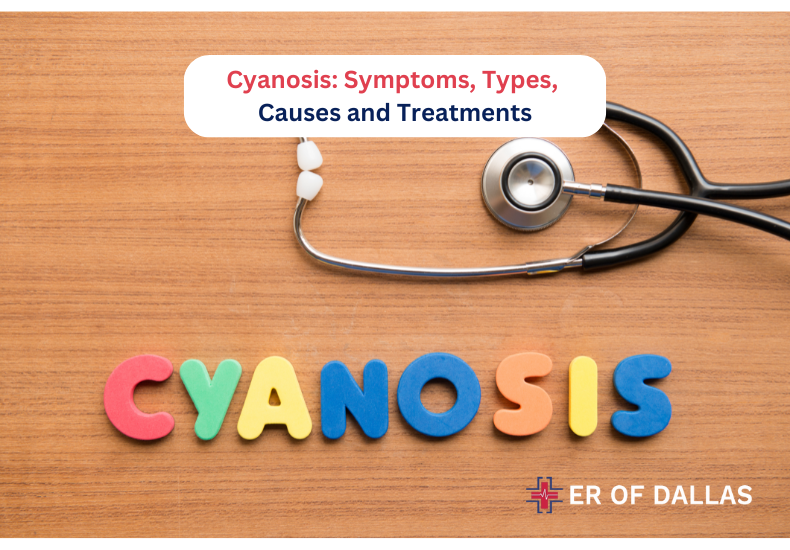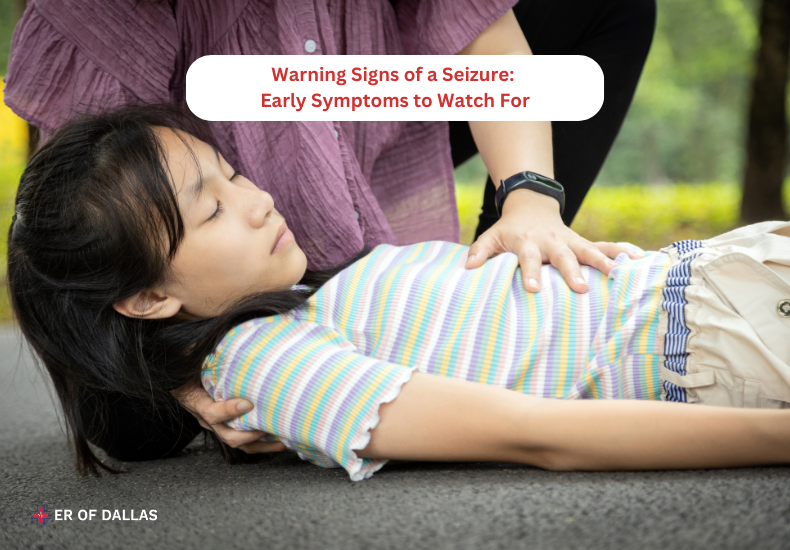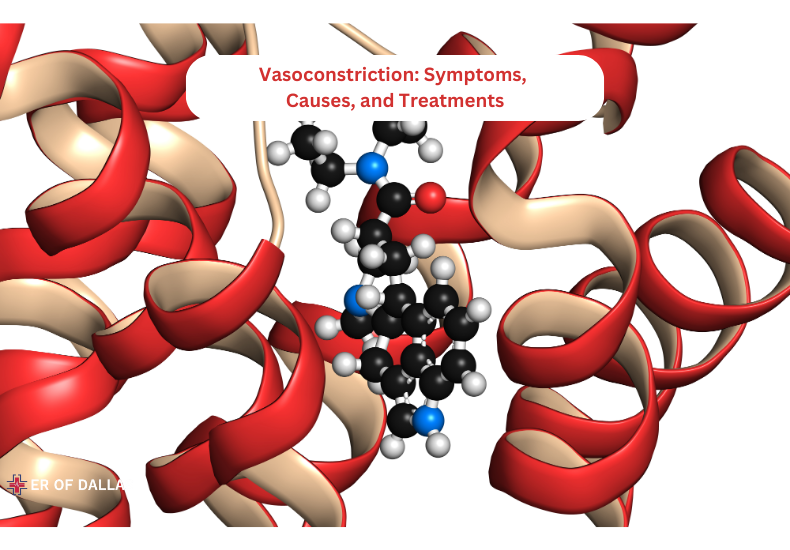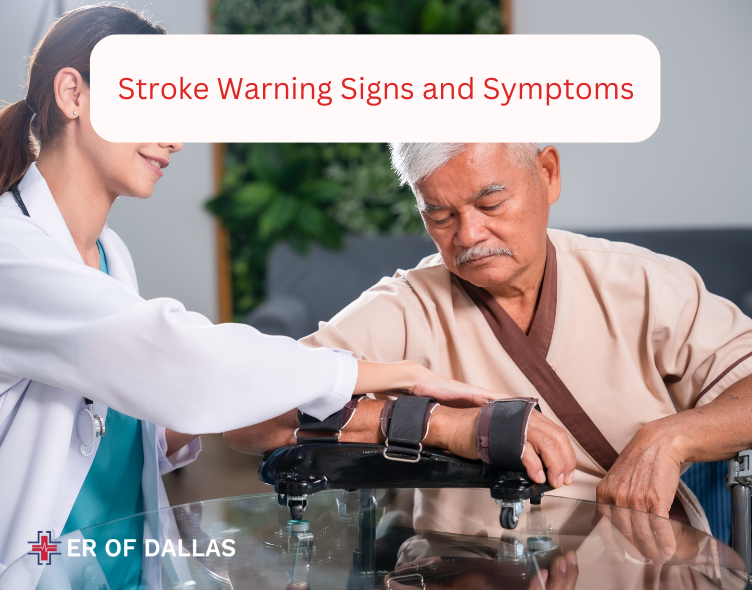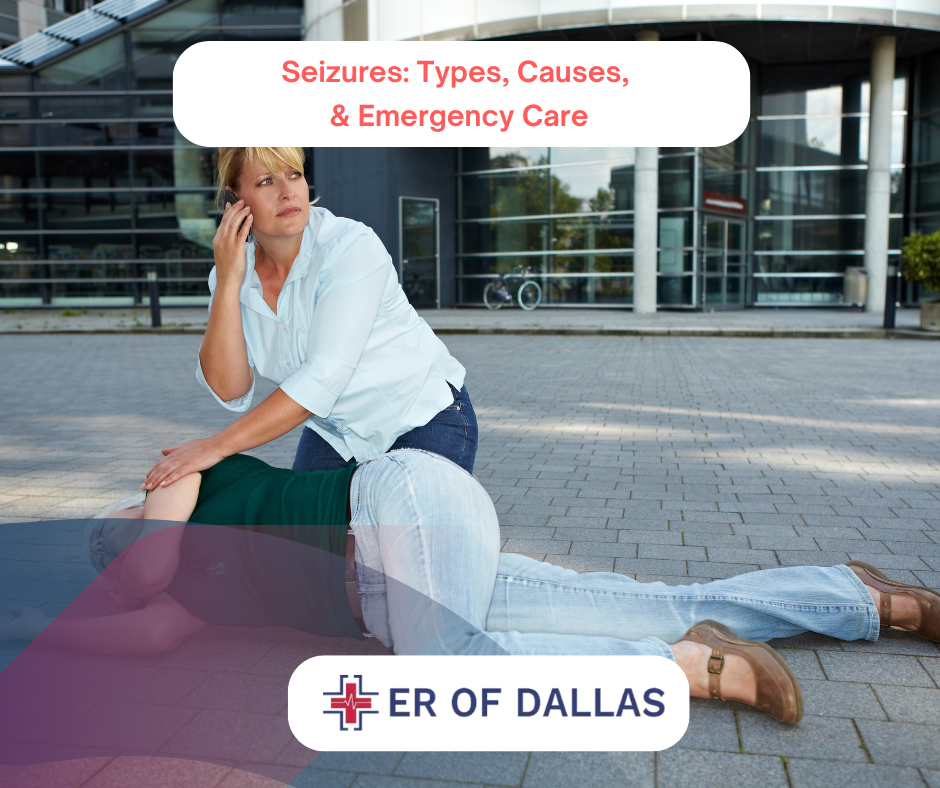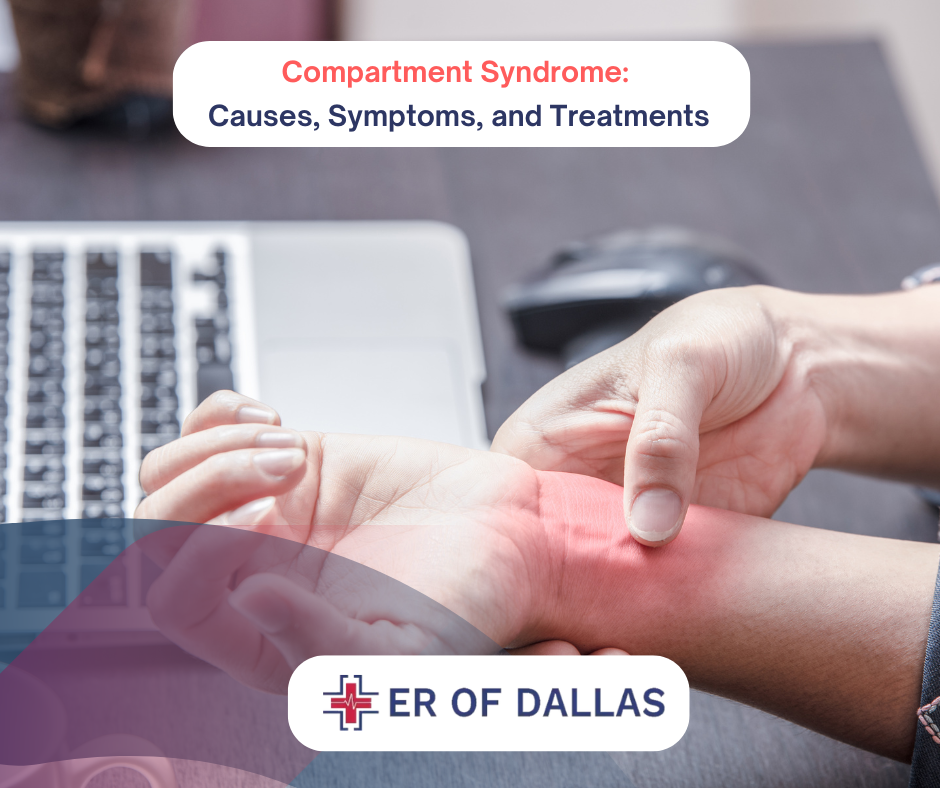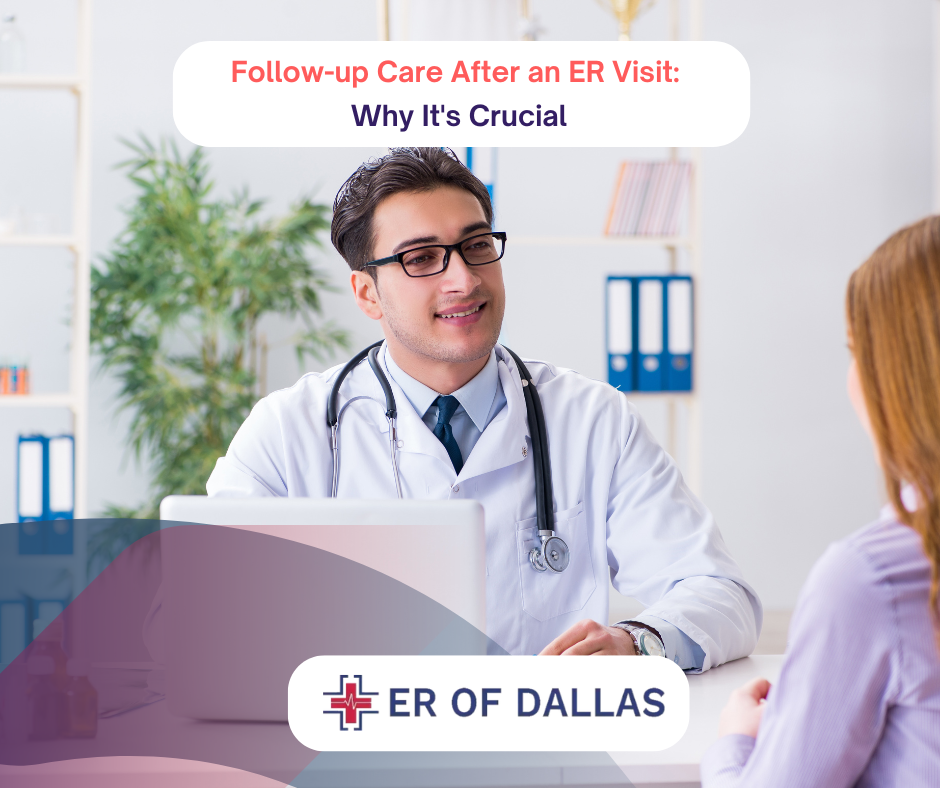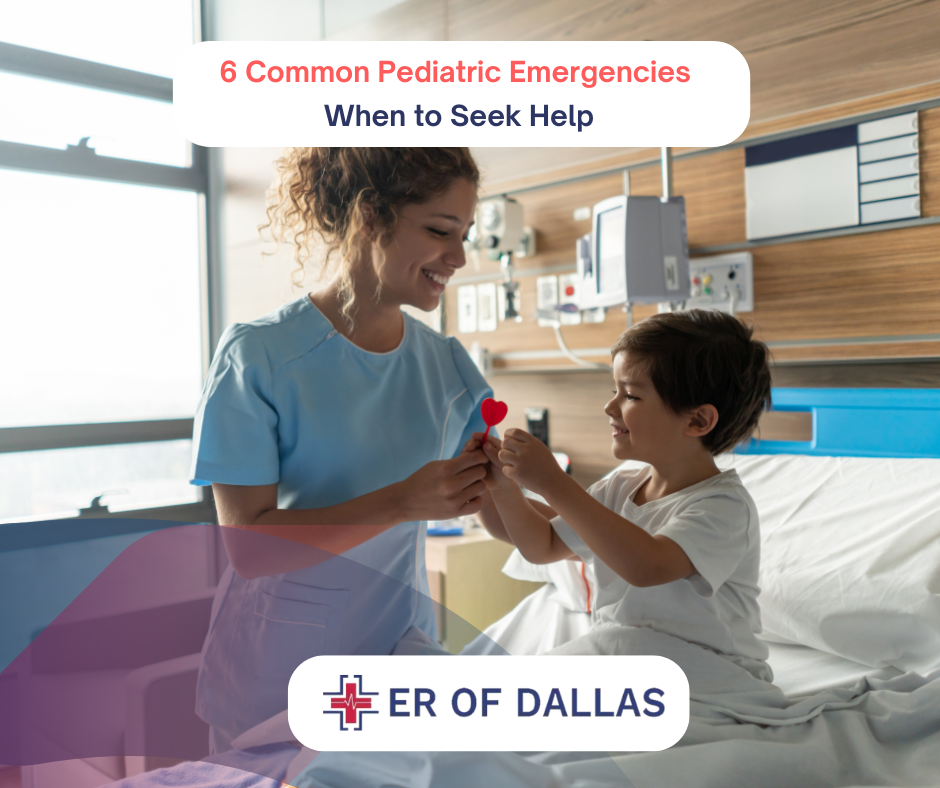Blood pressure or Hypertension:
Increased blood pressure, also known as Hypertension, is a medical condition in which the long-lasting force of the blood against the walls of an artery is raised enough to result in health problems, including heart diseases. The more blood your heart pumps, and the smaller your arteries get, the higher your blood pressure is. Blood pressure is measured in millimeters of mercury and indicated as (mm Hg). It consists of two digits.
- Digit one (systolic pressure): When your heart beats, the first or higher number measures the tension in your arteries.
- Digit 2 (diastolic pressure): The second, or lower, the number represents the pressure in your arteries between each heartbeat.
If the reading is 120 systolic and 80 diastolic, you’ll remark “120 over 80″ or type as”120/80 mmHg.”
Hypertension can be persistent without presenting any symptoms for years. High blood pressure that is unchecked raises your risk of significant health problems. High blood pressure, fortunately, is easily detectable. Once you realize you have high blood pressure, you may speak to a doctor to manage it.
Risk factors
The following are among the many risk factors associated with Hypertension.
- Age factor:
Your odds of acquiring hypertension increase as you get elderly. Until the age of 64, males are more likely than women to develop high blood pressure. Women above the age of 65 are more likely to develop high blood pressure.
- Race:
African Americans are more likely than Europeans to have high blood pressure, developing at a younger age. Serious consequences including stroke, heart attack, and renal failure are also more likely among African Americans.
- Family history:
History of Hypertension in families is the critical factor associated with high BP
- Obesity:
The more blood you require to deliver oxygen and nourishment to your tissues, the more you weigh—the volume of blood flowing through your body increases.
- Being inactive physically:
Physically inactive people have a higher rate of developing Hypertension. The more complicated your heart must work with each contraction, and the greater the stress on your arteries, the higher your heart rate is.
- Tobacco use:
Smoking or chewing tobacco not only momentarily raises your blood pressure, but the chemicals in tobacco can also damage the lining of your artery walls. This can narrow your arteries, increasing your risk of heart disease. Cheap smoking has been linked to an increased risk of heart disease.
- High sodium intake:
If you overeat salt, your body will retain fluid, which will raise your blood pressure.
- Potassium deficiency in the diet:
Potassium helps to keep the sodium levels in your cells in check. A healthy potassium balance is essential for heart health. Sodium can build up in your blood if you don’t receive enough potassium in your diet or if you deplete quite so much potassium caused by dehydration or even other health problems.
- High intake of alcoholic beverages:
Heavy drinking might harm your heart over time. Blood pressure may rise in women who drink over one drink a day in men who consume over two drinks each day. If you want to consume alcohol, then do it in moderation. This equates to one drink a day for women and two drinks for a day for men for healthy persons. One drink represents 12 ounces of beer, 5 ounces of wine, or 1.5 ounces of 80-proof liquor.
- Stress:
High stress and depression levels can cause a rise in BP. Stress-related behaviors such as overeating, drinking alcohol, or smoking can cause blood pressure to rise even higher.
- Certain chronic illnesses:
Kidney illness, diabetes, and sleep apnea are among chronic disorders that might raise your risk of high blood pressure.
Reasons behind High Blood Pressure
High blood pressure causes may be divided into two categories.
- Hypertension that is primary (essential)
In most people, there is no recognized reason for high blood pressure. Primary Hypertension or essential Hypertension is a type of high blood pressure that evolves over time.
- Hypertension that develops because of some other condition
An underlying ailment can produce high blood pressure in certain persons. Secondary Hypertension is a type of high blood pressure that creates suddenly and results in higher blood pressure than primary Hypertension. Secondary Hypertension can be caused by a variety of illnesses and drugs, including:
- Obstructive sleep apnea
- Kidney disease
- Adrenal gland tumors
- Thyroid disorders
- Certain pharmaceuticals, such as birth control pills, cold remedies, decongestants, over-the-counter pain relievers, and certain prescription drugs
- Certain birth control pills, cold remedies, decongestants, over-the-counter pain relievers, and some prescription drugs
- Illegal substances like cocaine
Signs and Symptoms
Even when blood pressure measurements reach dangerously high levels, most persons with high blood pressure show no signs or symptoms.
Headaches, nosebleeds, and shortness of breath are common signs and symptoms of high blood pressure, but they aren’t specific. They typically don’t appear until the condition has progressed to a severe or life-threatening level.
FAQs
Q: When is high blood pressure (Hypertension) a medical emergency?
Seek medical help right away. If your blood pressure is 180/120 or above AND you have any of the symptoms listed below, which might indicate organ damage: Pain in the chest. Breathing problems. Numbness or a feeling of weakness.
Q: What to do if You Suspect a Hypertensive Crisis?
If you see a significant rise in your blood pressure, get medical help right away. Hospitalization for hypertensive crisis therapy with oral or intravenous medicines is a possibility.
Q: When is high blood pressure in a pregnant woman a concern?
After 20 weeks of pregnancy, gestational Hypertension is defined as blood pressure that exceeds 140/90 mm Hg on two or more occasions, at a minimum four-hour interval, with no other organ dysfunction.
Q: When is high blood pressure a medical emergency for my child?
If your kid has risk factors, your doctor may begin monitoring blood pressure as early as infancy. This testing will allow your doctor to screen for indicators of high blood pressure in your baby and treat it as soon as possible.

